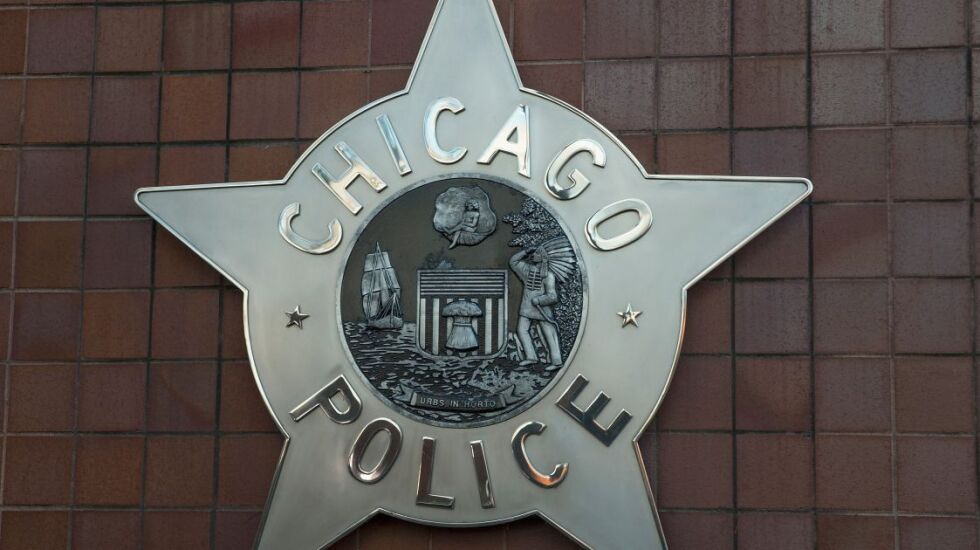
A now-former Chicago Police officer was accused Friday of using CPD resources to operate an unlicensed private security company whose clients included bars and nightclubs that serve alcohol, in direct violation of the code of conduct.
The former officer is further accused of helping their children operate a separate security business.
Inspector General Deborah Witzburg’s quarterly report also accuses an investigator for the Civilian Office of Police Accountability of releasing a confidential and unredacted police report about an open shooting investigation, violating COPA’s confidentiality policy and shattering the public trust that is essential to an agency charged with investigating police wrongdoing.
The improperly released report included the names, addresses and phone numbers of victims and witnesses to the shooting, according to Witzburg, whose recommendation that the investigator be fired has been followed by COPA.
As always, the inspector general’s quarterly report does not include the names of the accused.
“It’s the kind of violation that has the potential to be enormously harmful. Confidentiality of information in investigations is really important. Where we are dealing with the names and the personal information of witnesses and victims and so on, it really matters that that information is handled appropriately and that priority on confidentiality is reflected in COPA’s policies,” Witzburg said.
“Despite having received COPA’s policies, an employee didn’t follow them … It doesn’t have to be that something went wrong as a result of this particular release of information. ... the release of this kind of information poses an important risk.”
The case of the now-former police officer accused of accessing the Chicago Police Department’s “Citizen Law Enforcement Analysis and Reporting” (CLEAR) database to operate an unlicensed security company that provided security services to bars and nightclubs is equally serious on several fronts, Witzburg said.
One involves having an ownership interest in an “improperly licensed business.” Another is allowing that unlicensed business to do security work for a business that serves alcohol. A third is the “accessing of CPD data systems” to benefit that unlicensed security business and a similar business operated by the officer’s children.
“Taking in its entirety, that’s a really concerning set of facts. You have somebody engaged in a business he shouldn’t have been engaged in that was improperly licensed in the first place, and then was abusing his position within the Police Department for purposes of that outside business,” Witzburg said, noting the officer “resigned under inquiry” before they could be fired.
The quarterly report also details a troubling case involving three compliance investigators of the city’s Department of Business Affairs and Consumer Protection engaged in an alleged cover-up.
One of the three investigators was involved in an accident while driving a city-leased vehicle, then “lied to a supervisor about the circumstances of the accident” in a written report that included “staged photos” of the accident, the inspector general’s report states. That first investigator was discharged and placed on the “do-not-hire” list.
The two other investigators “were present at the time of the accident and copied” on the bogus report but failed to report those “false statements” to their supervisor, the report states. Those two investigators received a written reprimand.
Yet another investigation included in the quarterly report has a familiar ring.
It involves a police communications operator at the city’s Office of Emergency Management and Communications (OEMC) who resigned after being accused of being on a “cruise ship sailing from Florida” while on sick leave in 2017 and again in 2019.
“We have seen a number of those cases come out of OEMC. One sensible question to ask is whether the way OEMC employees are scheduled heightens the risk for this sort of misconduct. Whether the need to set schedules and determine vacation days very, very far in advance — I believe the beginning of the year is how they do it — is creating a heightened risk.
“In addition to individual acts of misconduct, there is some kind of system failure … But I don’t know what that is.”

.png?w=600)





